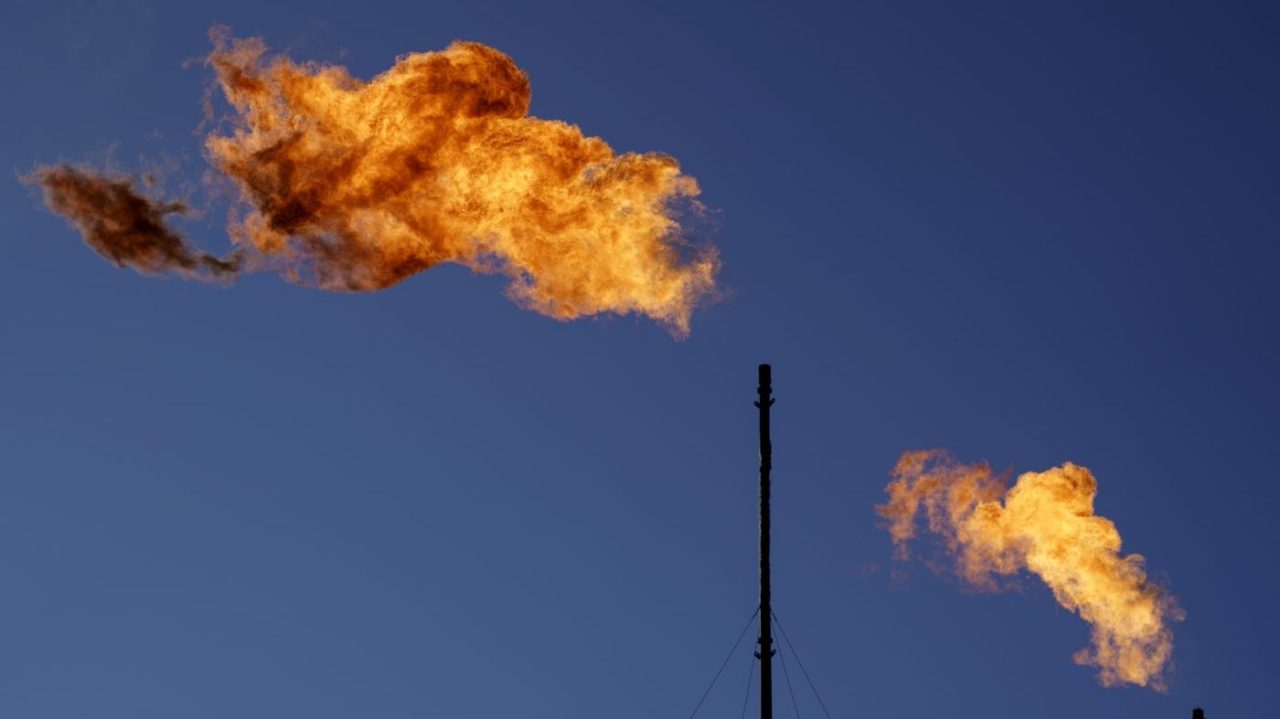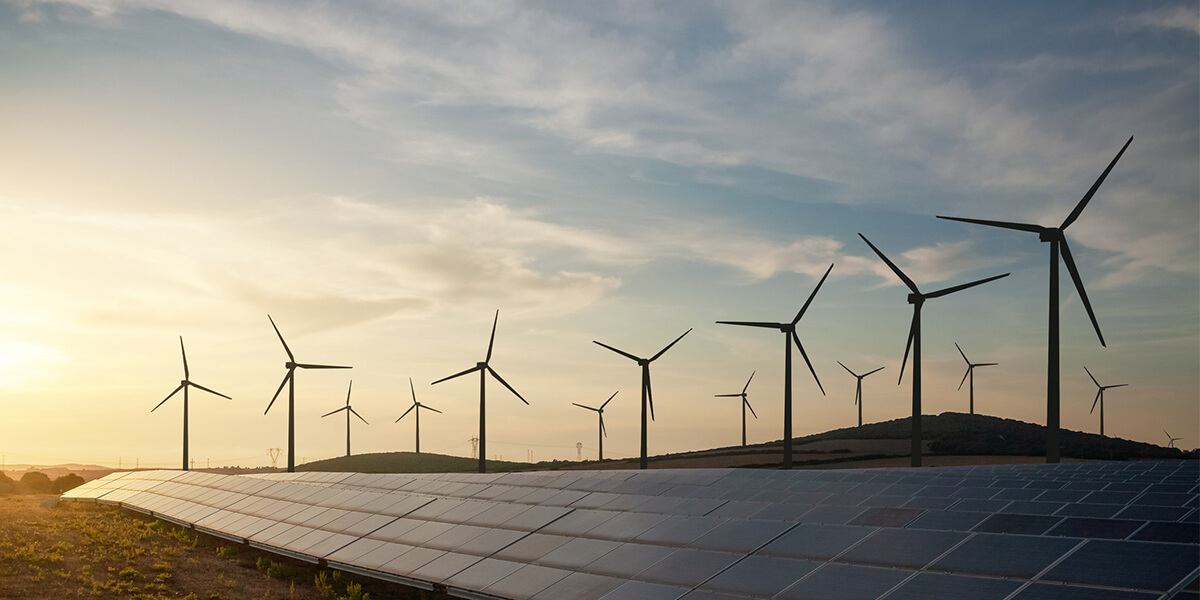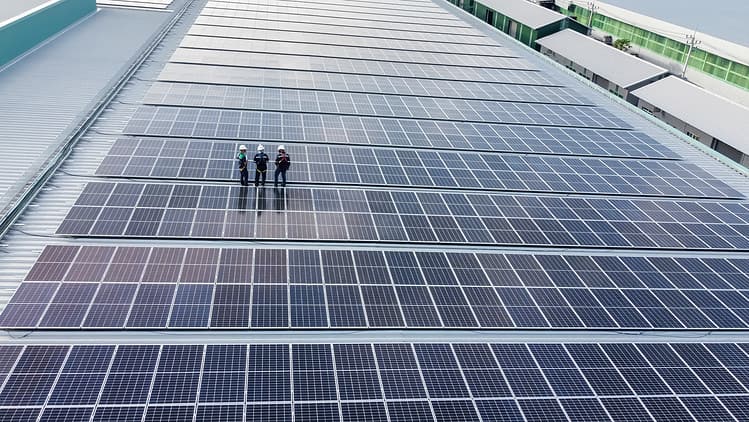
Environmental advocates, appearing at an agency roundtable, called on the administration to consult with local communities as it weighs expanding the nation’s network of gas pipelines and export terminals.
The administration is expected to weigh in on a number of particularly controversial projects, like the Mountain Valley Pipeline across West Virginia and Virginia and two gas export terminals in Texas‘s Rio Grande Valley.
Federal regulators have “never once denied a permit for gas projects on environmental justice grounds,” Ben Jealous of the Sierra Club told members of the Federal Energy Regulatory Commission (FERC).
FERC is an independent body within the Department of Energy that regulates gas pipeline permitting — decisions that advocates say can have powerful impacts on the air and water of communities.
Mark Christie, a Republican commissioner appointed to FERC by former President Trump, said at the roundtable that officials have a “special obligation to make sure that the populations, the communities, the people who don’t have the $1,000 an hour lawyer, are represented.”
The Biden administration has pushed to increase the scale and pace of certain gas development, including permitting new gas export facilities and approving additional exports of the fuel.
The administration argues this fuel helps support U.S. allies in Europe and wean Asian markets off the coal with lower-emitting gas.
“We know that our liquefied natural gas exports have been a significant help to our allies,” Energy Secretary Jennifer Granholm told Yahoo News in January.
But environmental groups like the Natural Resources Defense Council pointed out that gas is traded on a global market — which means there is no guarantee that increased U.S. shipments will go either to European allies or to replace coal.
Whatever the geopolitical or climate impacts, failure to meaningfully consult with local communities “means, frankly, that communities get poisoned,” Jealous said at the FERC hearing Wednesday, adding that companies need to recognize that a low-cost route often follows a pathway of historic discrimination.
The administration has outlined a goal of protecting “environmental justice” communities that have historically borne the brunt of oil and gas development, according to the president’s Justice40 initiative.
Truly fair federal permitting “is also going to take us to do some things that, frankly, are going to make all of our lawyers pucker up,” Matthew Tejada, director of the Office of Environmental Justice at the Environmental Protection Agency, told the commission.
“We’re going to have to get out there and provide money to the folks to challenge the government, and that’s OK,” he said.
Tejada argued that supporting local objections to potentially controversial projects made for better planning in the long run — even if that leads to more formidable local challenges on the front end.
“Because this is the United States‚ we should be open to citizens challenging the government to make better decisions, and to understand the reality that they’re living in their communities,” he said.




